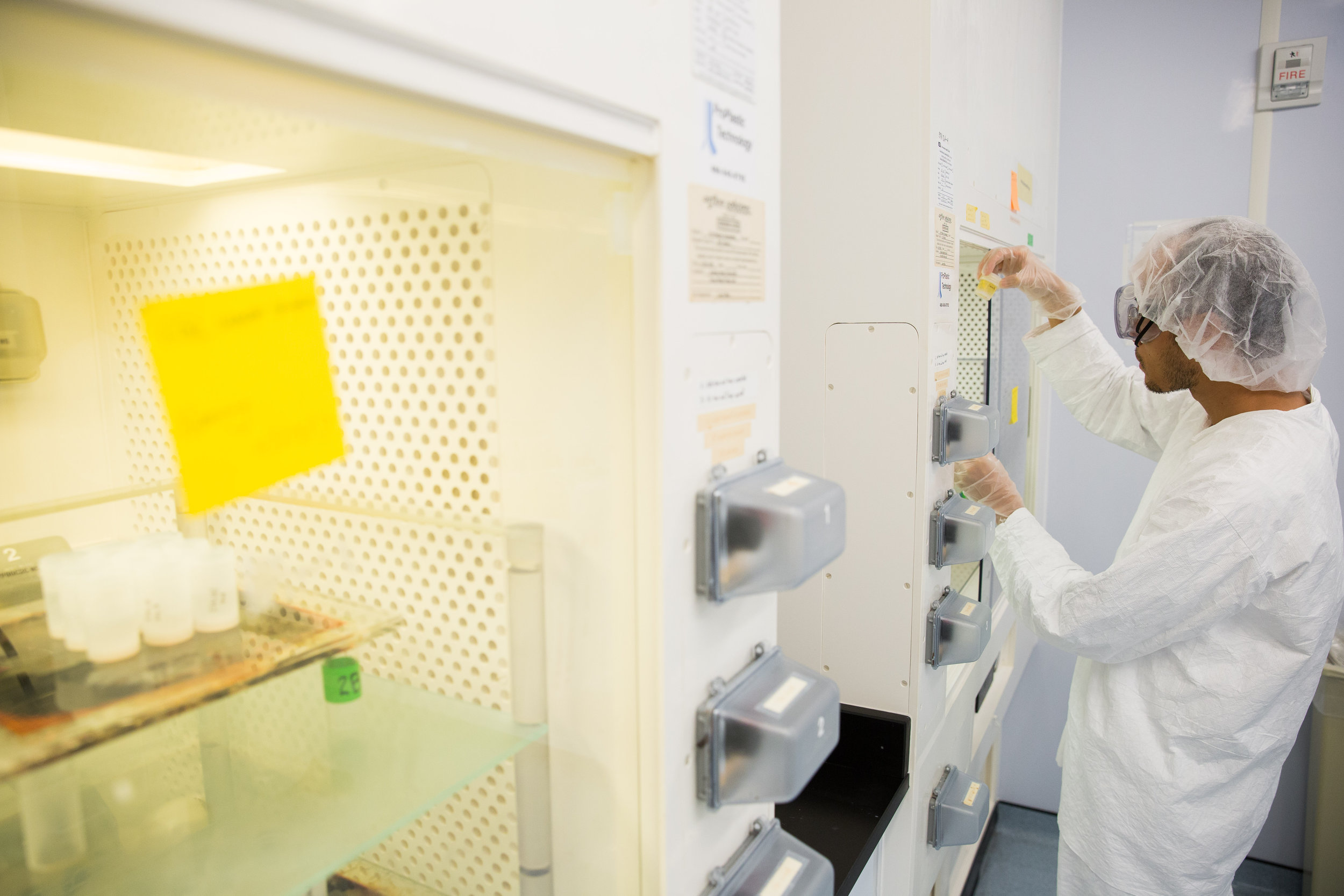
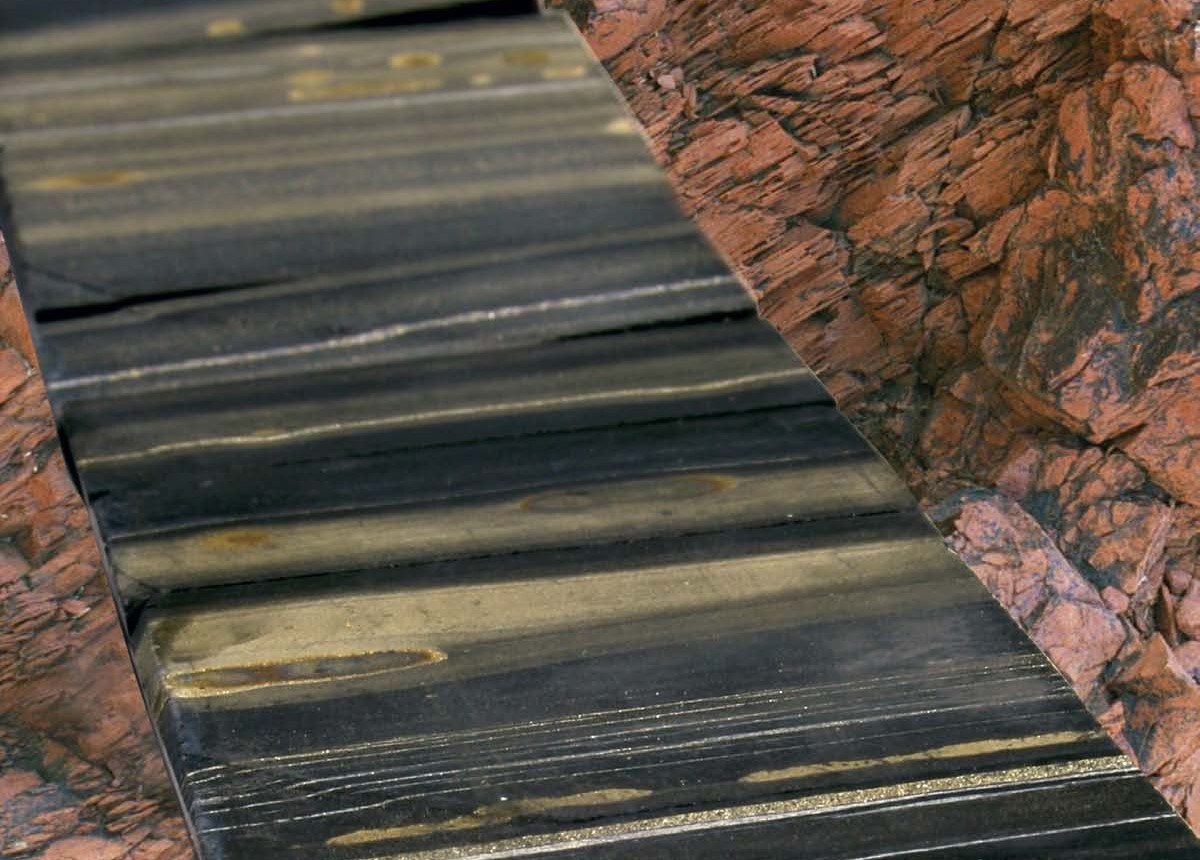
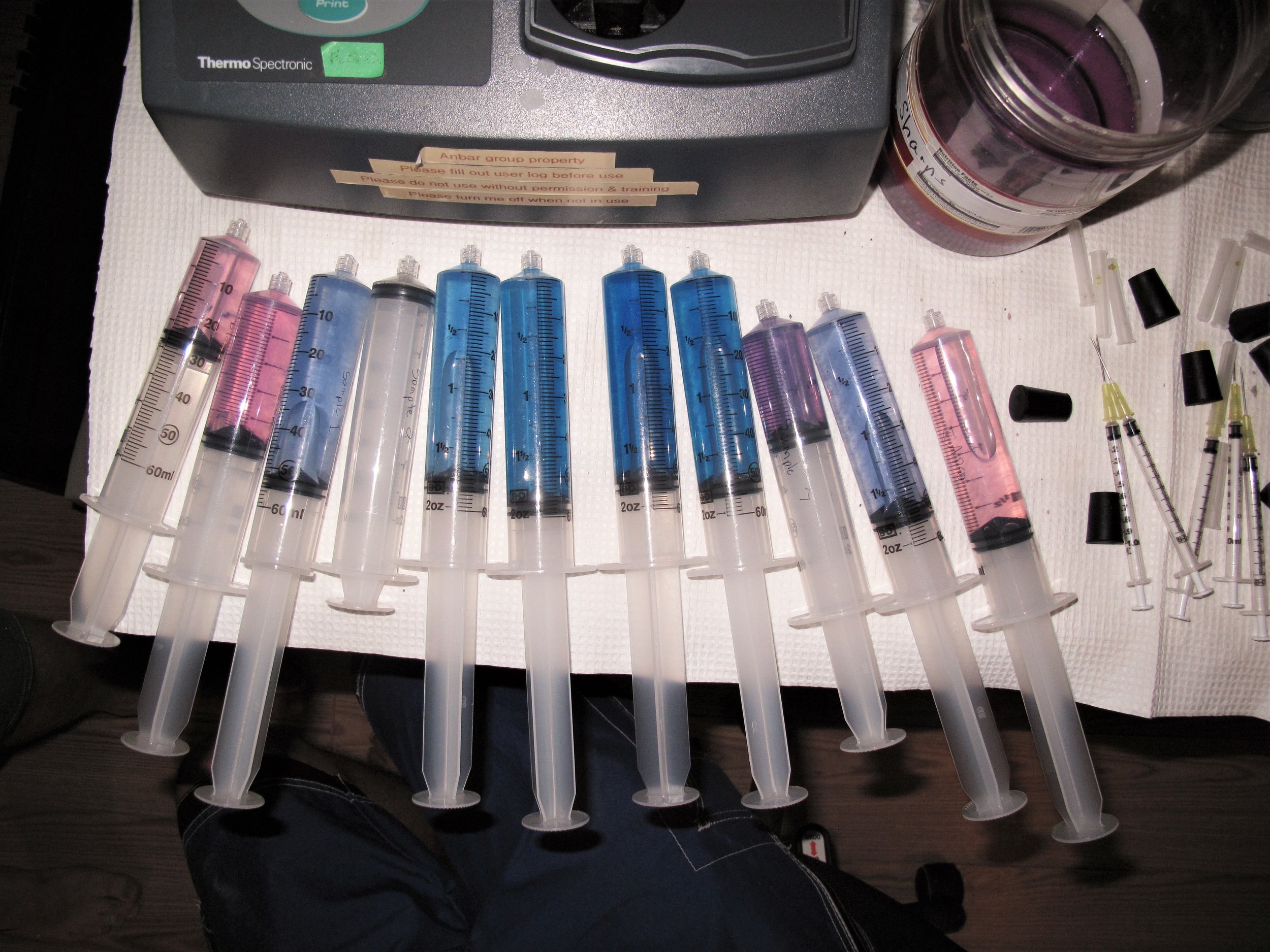
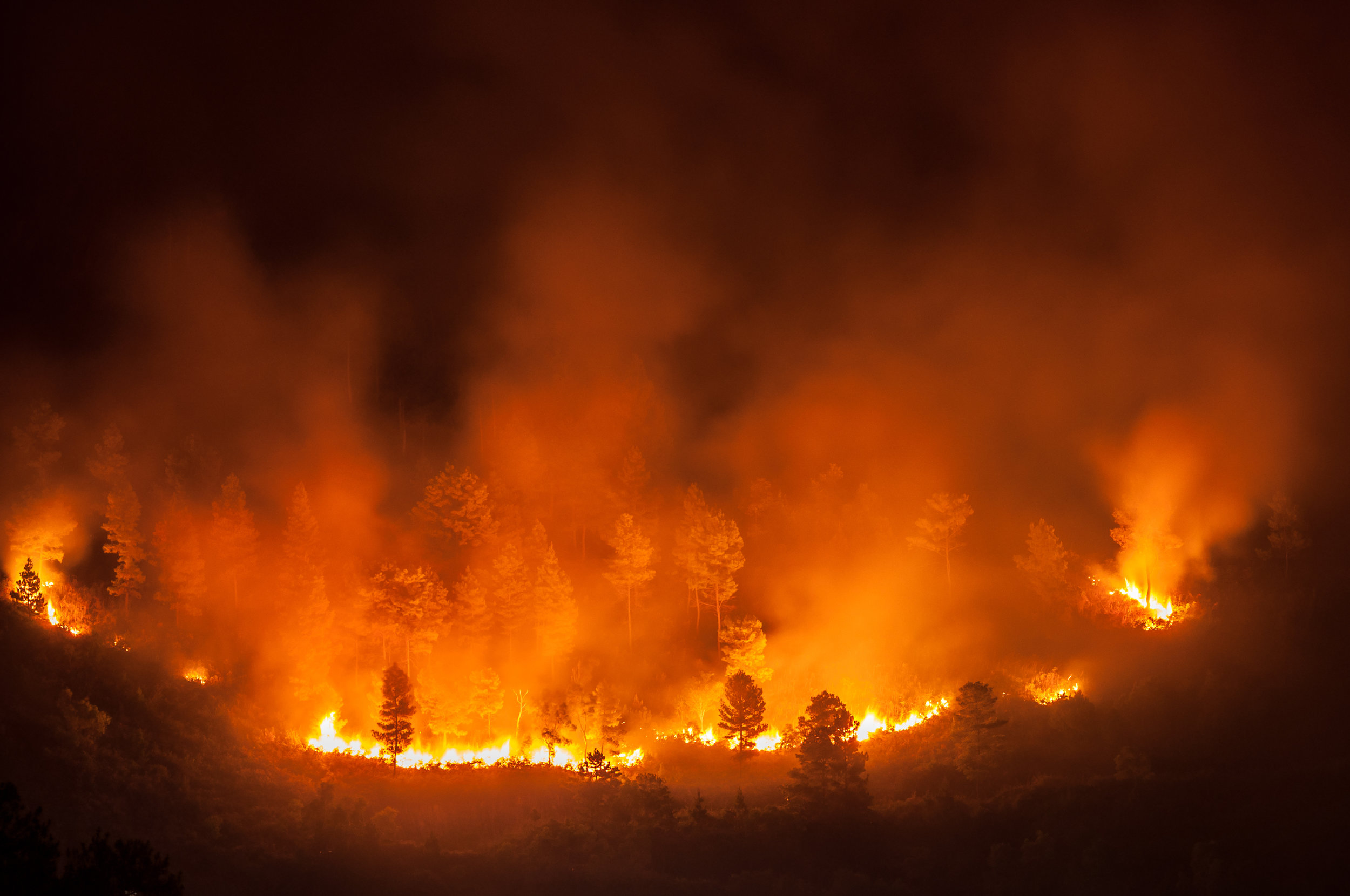
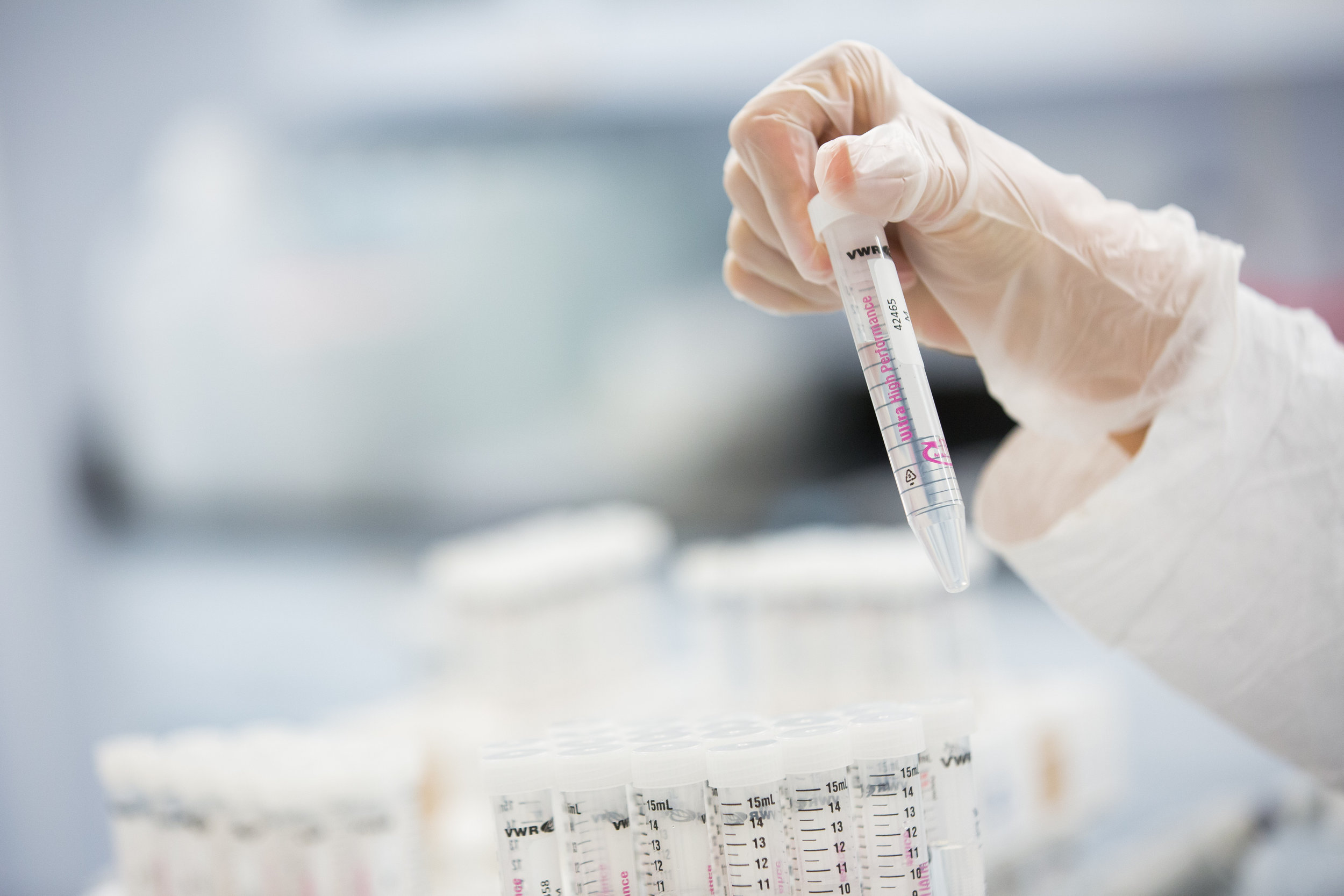
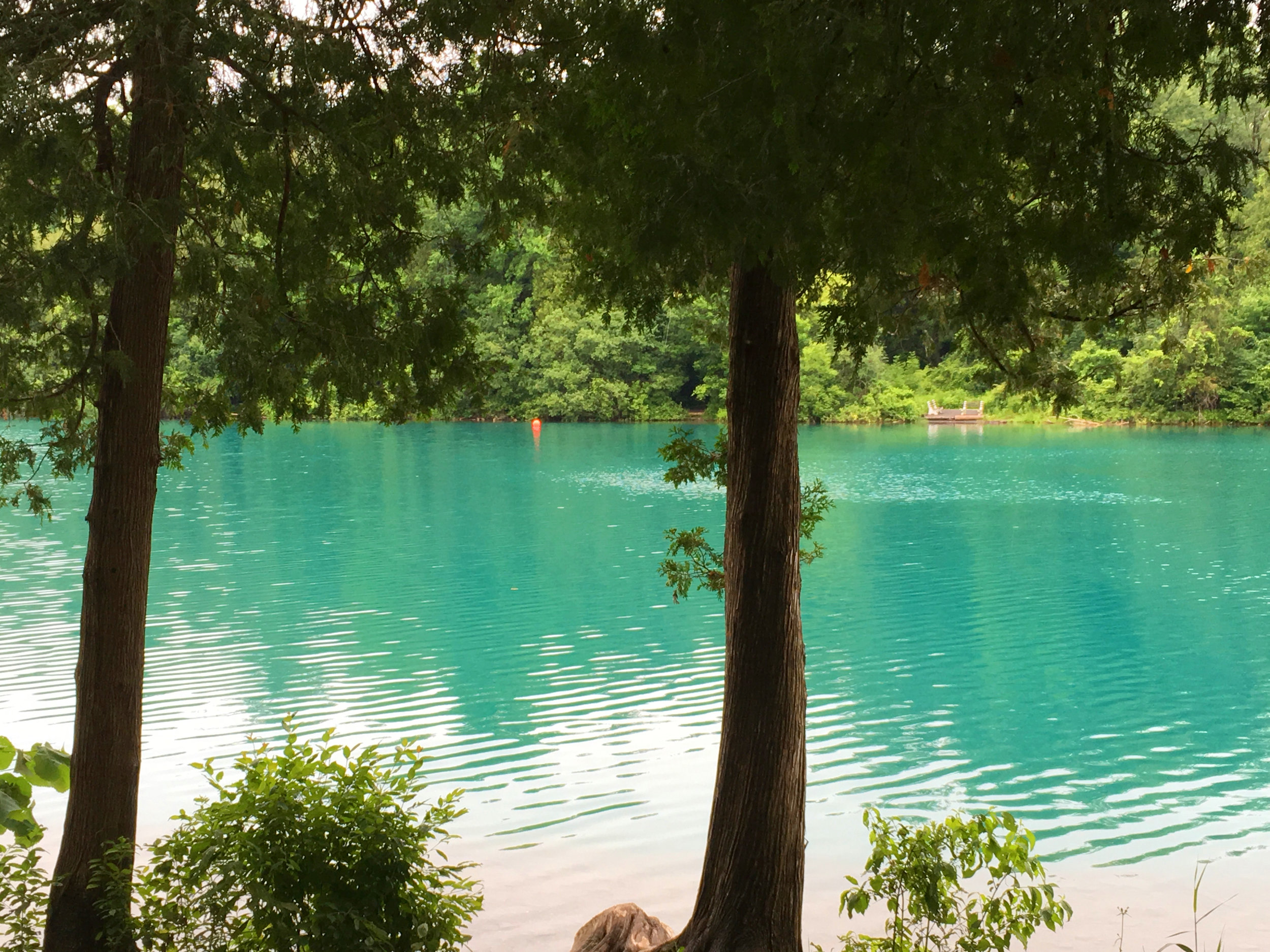
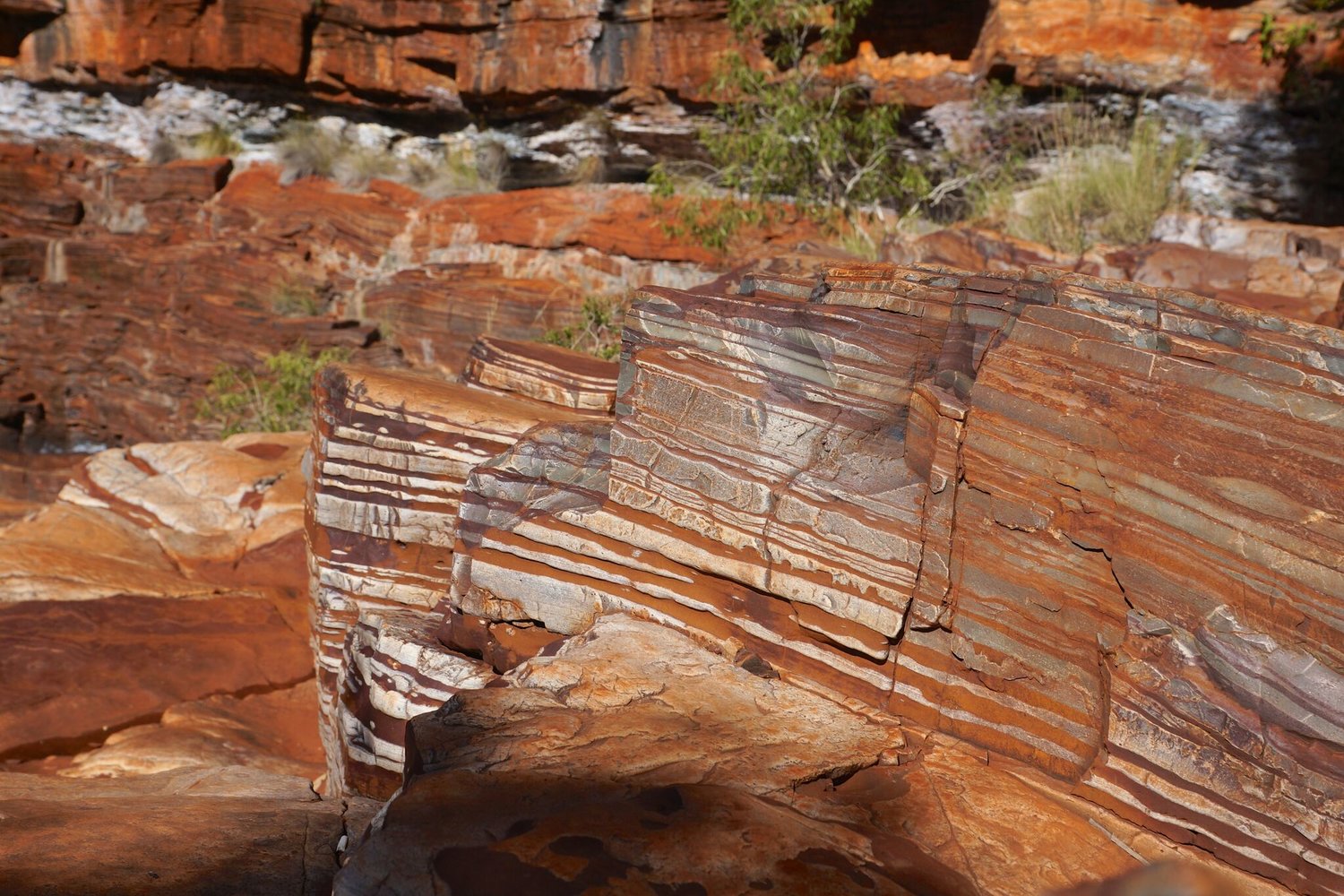
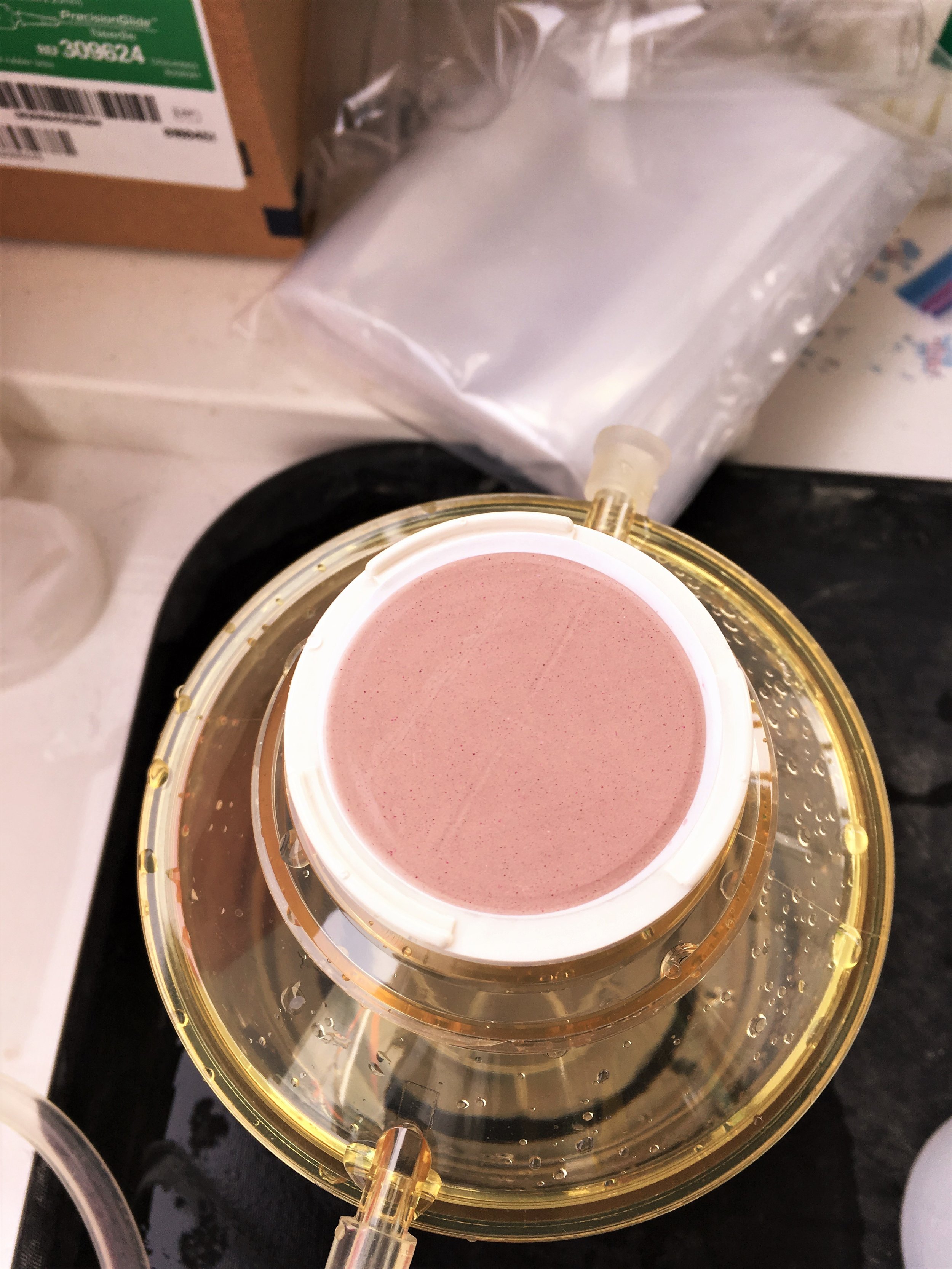
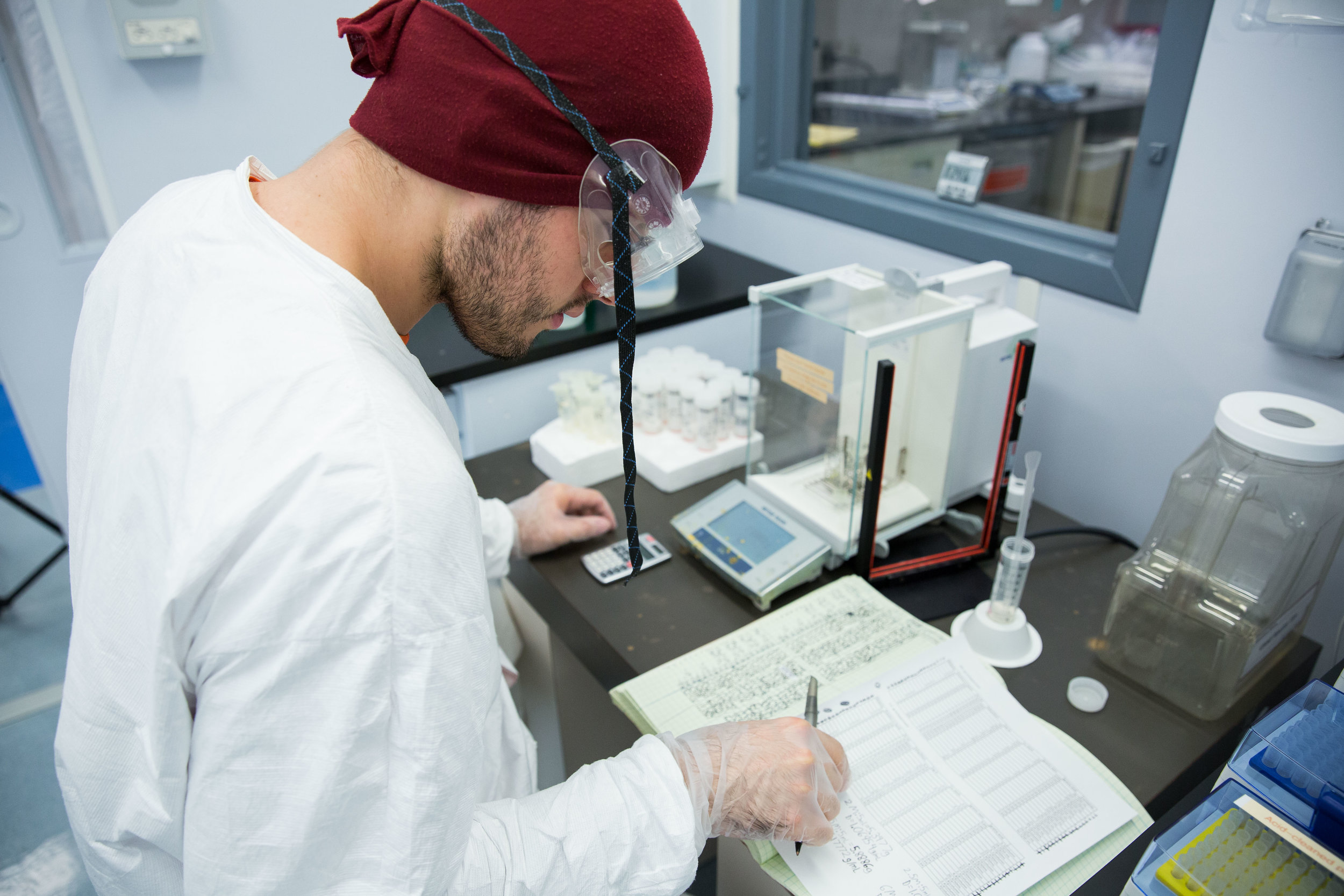
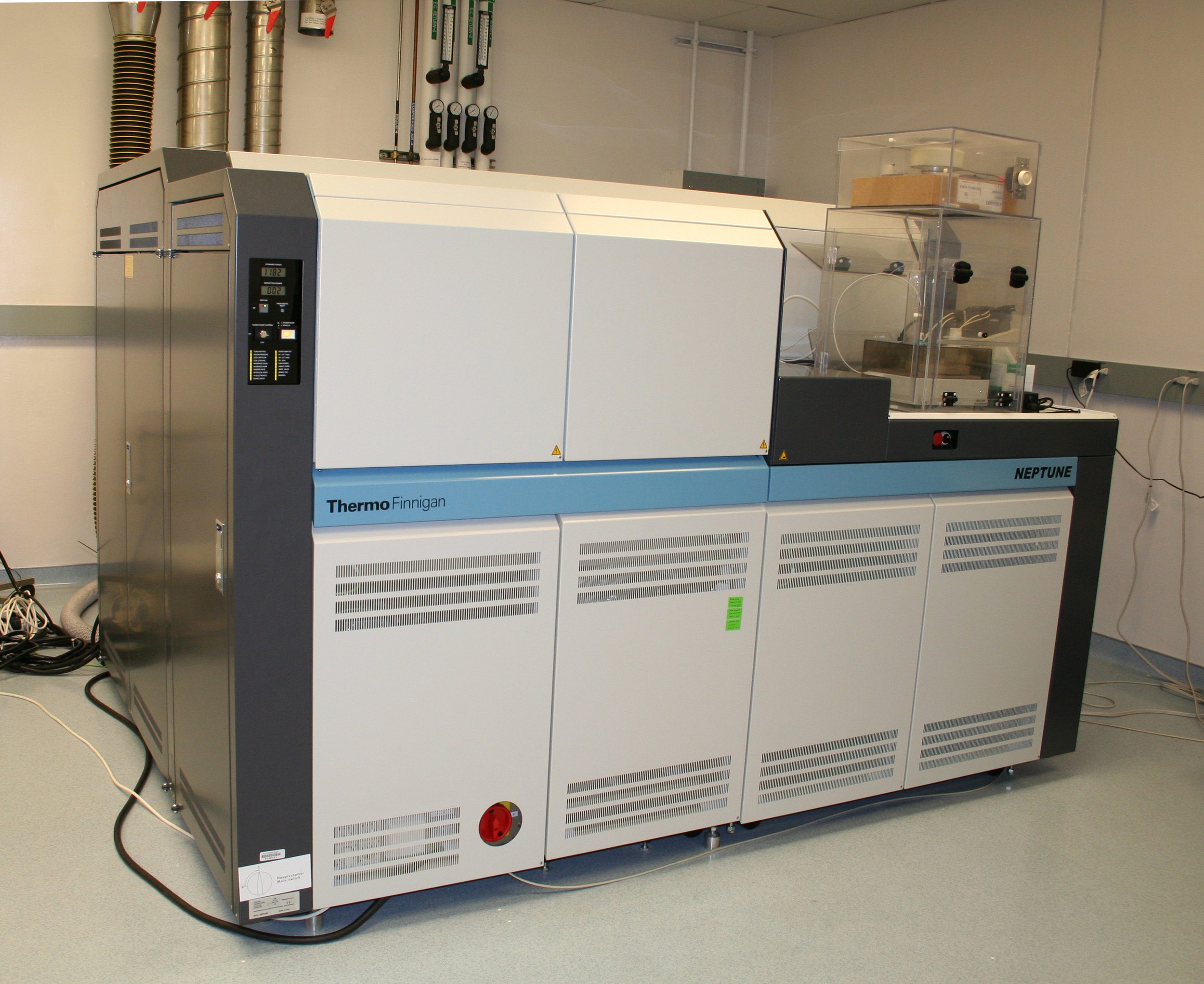
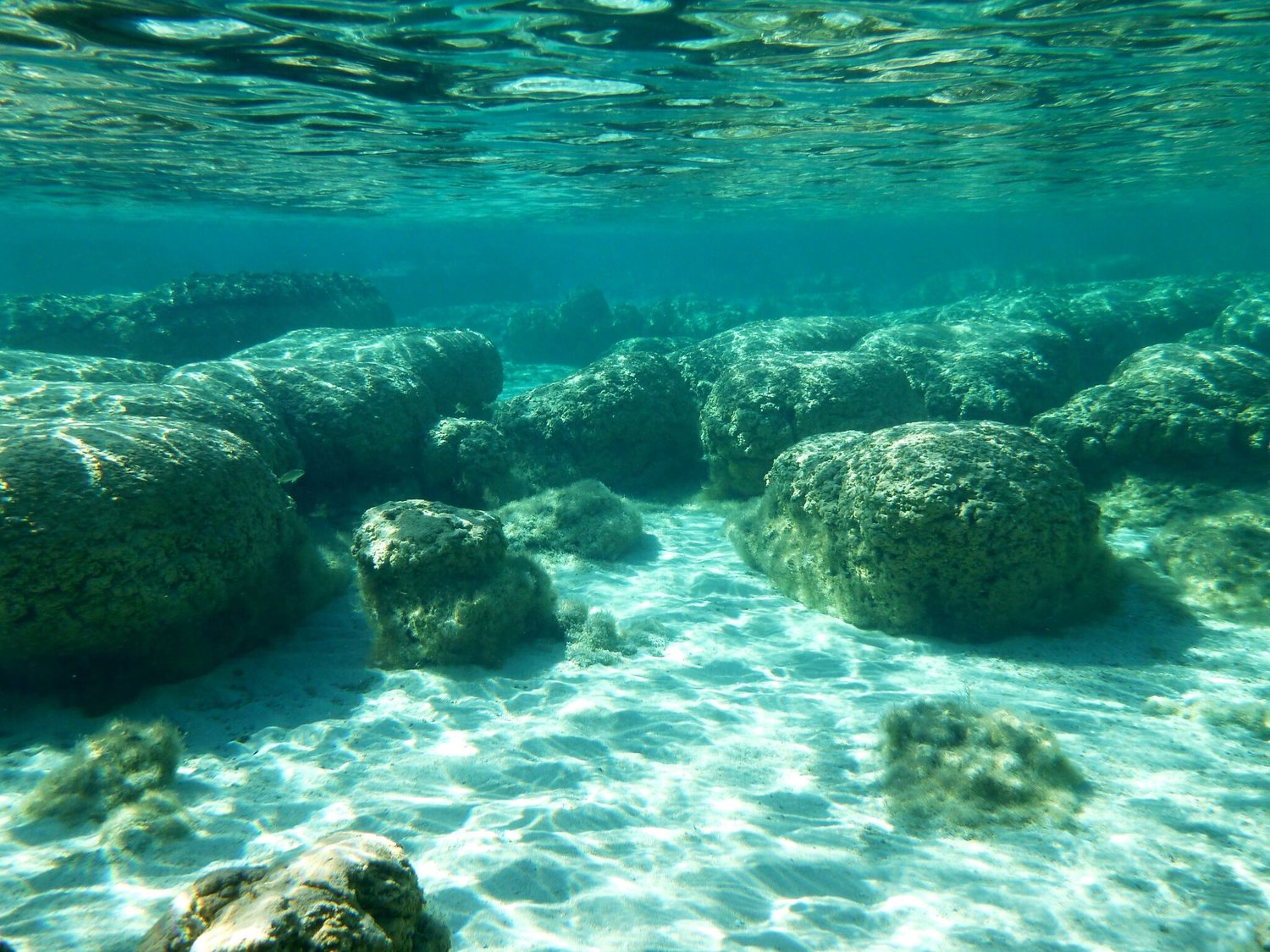
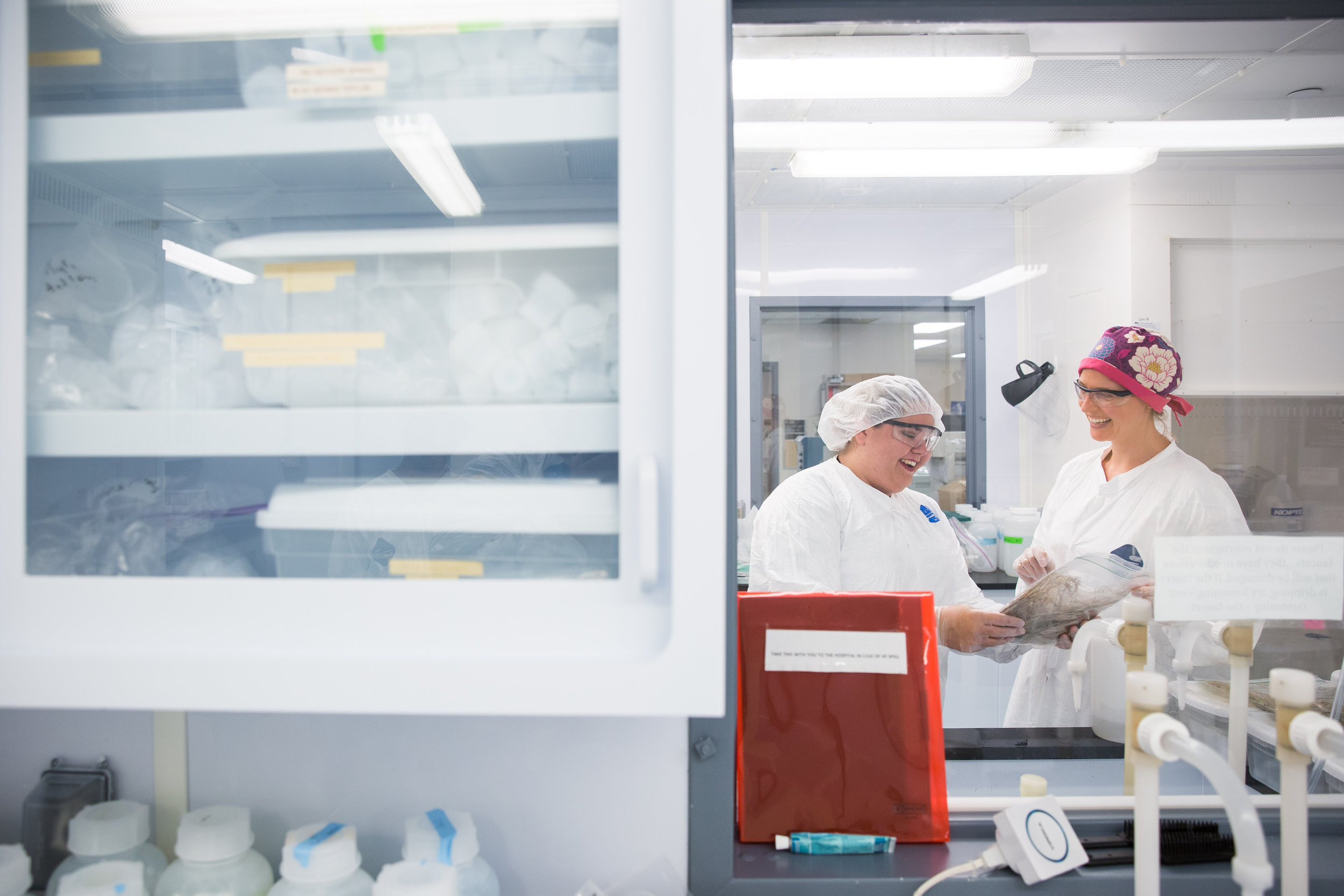
While you're here, could you do us a favor? A conversation with NIST led us to develop a short survey about what isotopic standards for work with radiogenic and non-traditional mass-dependent isotopes are being used and what are needed by the community. Consensus of the scientific community will demonstrate support for standard development and certification, and will be shared with NIST. Please click here to take our survey. Your input is valuable and appreciated!
The W. M. Keck Foundation Laboratory for Environmental Biogeochemistry (KFLEB) has recently combined with the Goldwater Environmental Laboratory (GEL) to form the Metals, Environmental and Terrestrial Analytical Laboratory (METAL), one of Arizona State University’s Core Research Facilities. This website (kfleb.org) is dedicated primarily to KFLEB instrumentation, capabilities, and practices. An overview of instrumentation in the former GEL can be found here. Please see our ASU-hosted website for a complete list of our expanded instrumentation and capacities. As one of ASU’s Core Research Facilities, we now use iLab to interface with our customers. To submit samples for analysis, request training or access, or to schedule instrument time, please go to the METAL core page on iLab. If you are new to iLab, we offer short tutorials on how to request services and how to schedule instrument time.
KFLEB offers isotope-ratio mass spectrometry (IRMS) of light elements such as C, N, O, and H in a variety of samples matrices, and inductively coupled plasma mass spectrometry (ICP-MS) analyses of much of the periodic table in a wide variety of sample matrices. For more information about our facilities and operations, please see our FAQs. More detailed information about laboratory best practices, methods, and protocols can be found here. For questions about IRMS, please fill out this form and contact Natasha Zolotova at nzolotova@asu.edu. For questions about ICP-MS measurements, please fill out this form and contact Dr. Gwyneth Gordon at gwyneth.gordon@asu.edu.
The KFLEB was established in 2004 through collaboration of faculty from the departments of Chemistry, Geological Sciences, and the School of Life Sciences at Arizona State University, and is a cooperative effort of the Anbar, Shock, and Wadhwa research groups. The lab accommodates sample processing and analyses from industry, academia, and government researchers. Our facilities consist of a general wet chemistry lab, an instrument lab, a trace element clean lab, and a Biosafety Level 2 work space. KFLEB instrumentation includes a Neptune multicollector ICP-MS and an iCap-Q ICP-MS, along with a Thermo MAT 253 and a Thermo Delta Plus Advantage mass spectrometer with a wide variety of peripheral inlet devices for sample preparation. These give us the capability to analyze elemental concentrations and isotopic ratios over much of the periodic table in a wide variety of sample matrices. These links provide details on available analyses and instrumentation. We use a secure database with cloud backup to store all processed data from the KFLEB. It has audit functionality and is suitable for maintaining chain of custody and ensuring data transparency and traceability.
To the extent practical, we encourage researchers using our facilities to be directly involved in all aspects of their measurements, as direct knowledge of the analytical technique gives individuals a better idea of how to improve their experimental design. Research groups interested in using our facilities are therefore strongly urged to send at least one person for on-site training in sample preparation and analytical measurement. This individual will be responsible for sample preparation, programming the sample sequence, carrying out the analyses, data reduction, and quality control. KFLEB lab staff supervise sample preparation and analysis, and provide support for data processing. On a case by case basis, limited sample preparation is available by lab staff. If you have special applications or interests, or only a couple of samples to run, please contact Dr. Gordon at gwyneth.gordon@asu.edu.